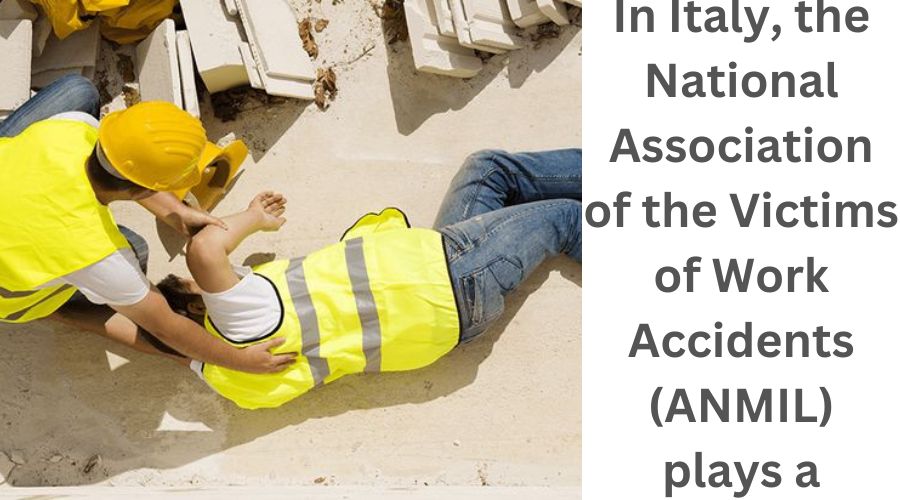Workplace injuries can have life-altering consequences, affecting not only the physical well-being of workers but also their families and communities. In Italy, the National Association of the Victims of Work Accidents (ANMIL) plays a crucial role in advocating for the protection of workers who suffer from workplace injuries. Founded in 1943, ANIMAL’s mission is to support and defend workers who have been injured on the job, providing them with both legal and social support. In this article, we will explore how ANIMAL advocates for injured workers and the significant impact it has had on the protection of their rights and well-being.
Advertisement
1. A Historical Overview of ANIMAL

Advertisement
ANMIL, or “Associazione Nazionale Mutilati e Invalidi del Lavoro,” was established with the goal of providing assistance to individuals who suffered disabilities due to workplace accidents. The association was created in the aftermath of World War II, a period when Italy faced an economic and industrial reconstruction. In this context, workplace accidents were common, and many workers were left without proper support or compensation. ANMIL was formed to fill this gap, offering a collective voice for workers’ rights, and it has since become one of the leading organizations in Italy advocating for injured workers.
Advertisement
2. Legal Advocacy for Workers’ Rights

Advertisement
One of the primary ways ANMIL advocates for injured workers is by providing legal assistance. Workers who are injured on the job often face complex bureaucratic processes to claim compensation and benefits. ANMIL offers expert legal support to help navigate this system, ensuring that workers receive fair treatment. Through its network of lawyers, the association assists workers with filing claims for workers’ compensation, appealing denied claims, and securing necessary medical treatments. Furthermore, ANMIL also works to ensure that injured workers are aware of their legal rights, from compensation for medical expenses to compensation for lost wages. This legal advocacy helps ensure that workers are not taken advantage of by employers or insurance companies.
Advertisement
3. Campaigning for Stronger Workplace Safety Regulations

Advertisement
ANMIL plays a critical role in lobbying for stronger workplace safety regulations to prevent accidents in the first place. The association works closely with both government officials and private sector leaders to improve workplace conditions and promote better safety standards. ANMIL’s advocacy efforts include lobbying for stricter enforcement of health and safety laws, the introduction of new legislation aimed at reducing occupational risks, and promoting workplace education and training programs. In particular, ANMIL campaigns for improved safety in high-risk industries such as construction, manufacturing, and agriculture, where workers are most vulnerable to injuries. By pushing for stronger regulations and policies, ANMIL helps create safer working environments for all employees, preventing accidents before they happen.
Advertisement
4. Providing Psychological and Emotional Support

Advertisement
While physical injuries are the most obvious consequence of workplace accidents, many injured workers also suffer from psychological and emotional challenges. Coping with the aftermath of a life-changing injury can be overwhelming, and ANMIL recognizes the importance of providing comprehensive support to these workers. The association offers counseling services and emotional support for both the injured workers and their families. In addition to one-on-one therapy, ANMIL organizes group activities, support groups, and workshops aimed at fostering social inclusion and emotional healing. This holistic approach ensures that workers are not only protected in terms of their physical health but also supported in their emotional recovery.
Advertisement
5. Raising Public Awareness of Workplace Hazards
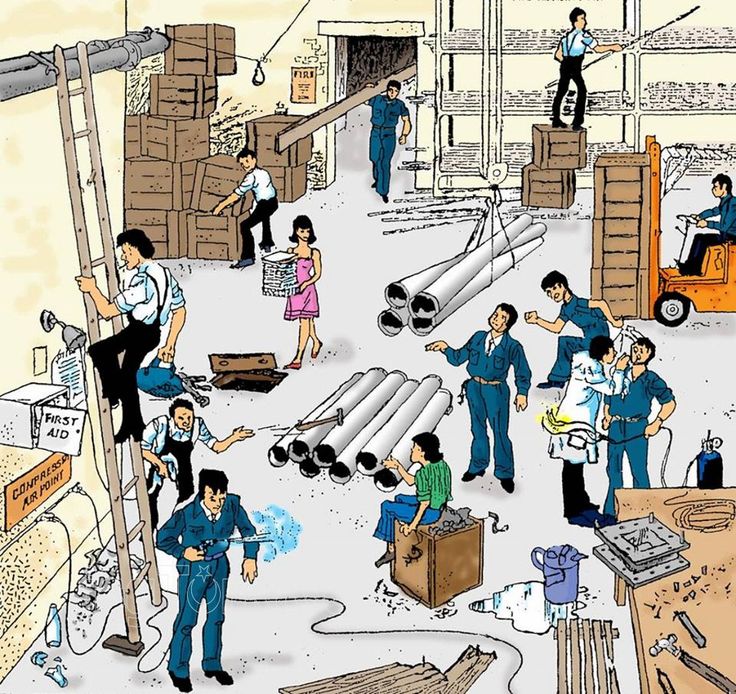
Advertisement
ANMIL works tirelessly to raise public awareness of workplace hazards and the importance of preventing accidents. Through public campaigns, media appearances, and partnerships with educational institutions, ANMIL educates the public about the risks workers face in various industries. The organization also stresses the importance of worker training and safety protocols to reduce injuries. By raising awareness of workplace accidents, ANMIL helps to shift the cultural perception of workplace safety. Rather than viewing workplace accidents as inevitable, ANMIL advocates for a culture of prevention, encouraging both employers and employees to take responsibility for safety.
Advertisement
6. Supporting the Families of Injured Workers
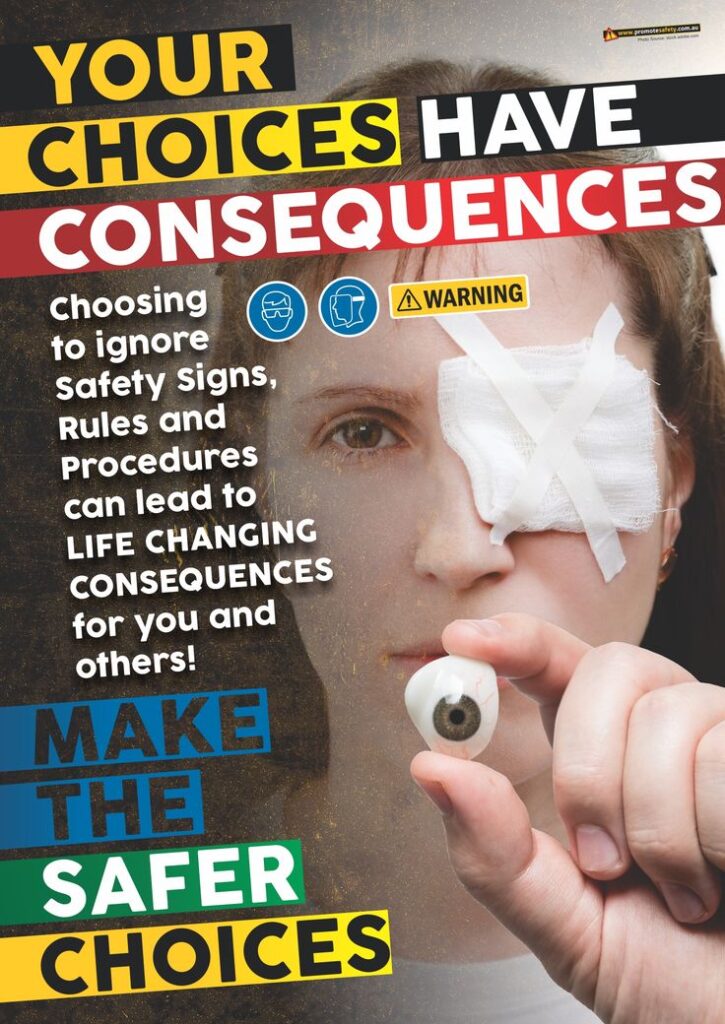
Advertisement
In many cases, workers are unable to return to their previous job or lose their livelihood altogether. ANMIL recognizes the importance of supporting not just the injured workers but also their families. The association provides resources and financial support for the families of workers who have been severely injured or killed on the job. ANMIL also helps families navigate the complexities of claiming survivor benefits, pensions, and other financial assistance. This support is crucial for ensuring that families do not face financial ruin after a workplace accident.
Advertisement
7. Fighting for Fair Compensation and Benefits

Advertisement
A core aspect of ANMIL’s advocacy is ensuring that injured workers receive fair compensation for their injuries. Workers who are injured on the job often face long recovery periods, and the financial burden of medical bills, rehabilitation, and lost wages can be overwhelming. ANMIL works to ensure that these workers receive the compensation they deserve through workers’ compensation insurance, pension funds, and other government programs. ANMIL also advocates for reforms in the compensation system, ensuring that injured workers receive timely and adequate support. The association fights against delays in compensation payments and works to make sure that workers have access to necessary medical treatment without financial obstacles.
Advertisement
8. Fostering Social Inclusion for Disabled Workers
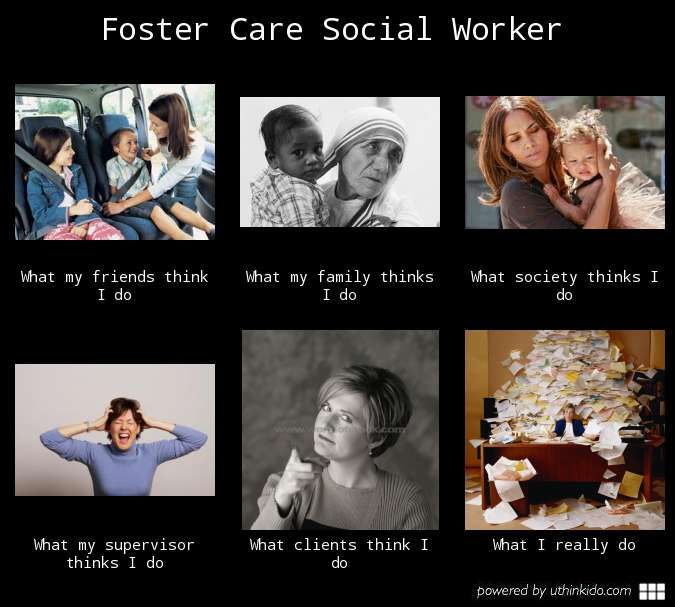
Advertisement
In addition to supporting workers who are injured, ANMIL advocates for the social inclusion of workers with permanent disabilities resulting from workplace accidents. The organization promotes the integration of disabled workers into the labor force by advocating for accessible workplaces and reasonable accommodations. ANMIL also supports the development of vocational training programs to help disabled workers acquire new skills and find employment opportunities suited to their abilities. The association’s work in promoting social inclusion ensures that workers with disabilities can live fulfilling lives and contribute to society, rather than being marginalized due to their injuries.
Advertisement
9. Collaboration with Other Organizations

Advertisement
ANMIL is not alone in its efforts to advocate for injured workers. The organization collaborates with other advocacy groups, trade unions, and government agencies to improve workplace safety and support injured workers. Through these collaborations, ANMIL is able to amplify its voice and have a greater impact on policy and legislation. Partnerships with international organizations also allow ANMIL to share best practices and learn from other countries’ experiences in protecting workers’ rights. This global network helps ANMIL improve its services and strengthen its advocacy efforts.
Advertisement
10. Continuing the Fight for Workers’ Rights
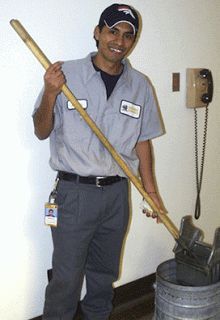
Advertisement
Despite the progress made over the years, there is still much work to be done to ensure the safety and protection of workers. ANMIL remains committed to advocating for workers’ rights, pushing for stronger safety regulations, better compensation, and more support for injured workers. Through its ongoing efforts, ANMIL continues to be a vital force in the fight for workplace safety and justice for injured workers.
Advertisement
11. Public Awareness Campaigns
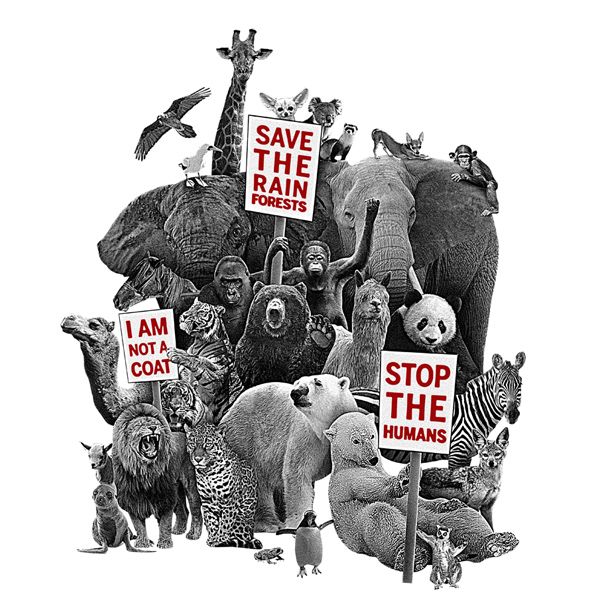
Advertisement
One of ANMIL’s most effective tools in raising awareness about occupational hazards is its public awareness campaigns. These campaigns are designed to inform workers, employers, and the general public about the risks associated with different industries and jobs. ANMIL uses a variety of media platforms, including television, radio, social media, and print publications, to reach a wide audience. The organization highlights the importance of preventive measures, such as safety equipment, proper training, and hazard identification, to reduce the likelihood of accidents. By engaging in these campaigns, ANMIL educates workers on their rights, the dangers they face, and the importance of reporting unsafe conditions. This proactive approach helps to build a culture of safety in workplaces across Italy.
Advertisement
12. Collaborations with Schools and Educational Institutions
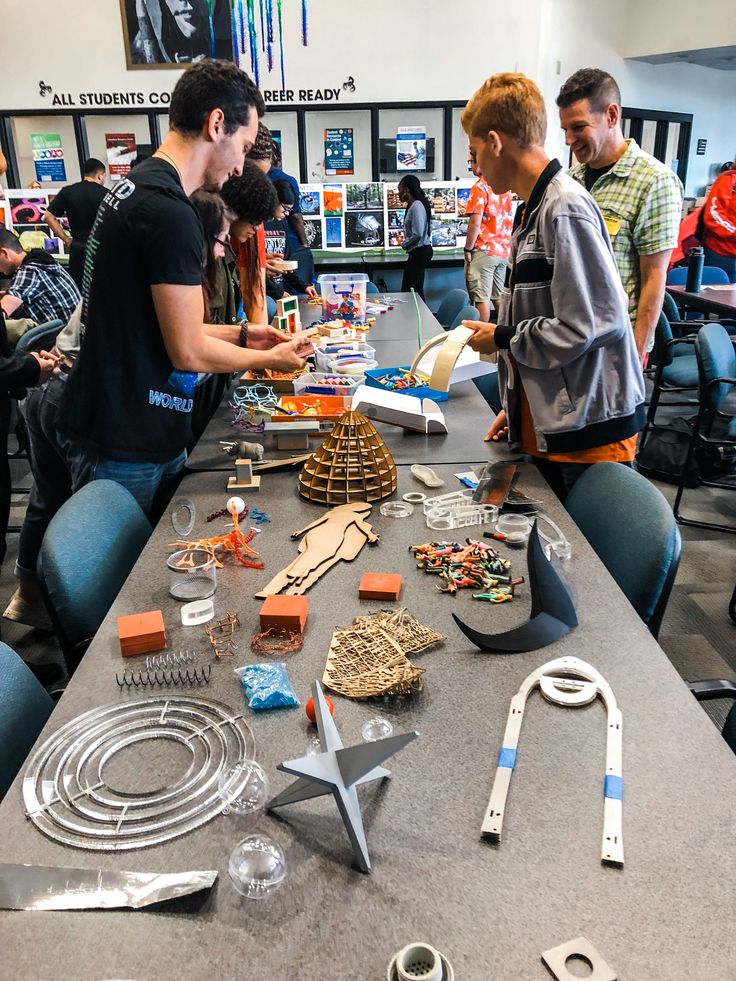
Advertisement
ANMIL also partners with schools and educational institutions to spread awareness about workplace safety from a young age. By incorporating safety education into school curricula, ANMIL ensures that future workers are aware of potential hazards before they enter the workforce. The organization offers workshops, seminars, and informational materials to students and educators, teaching them about the importance of workplace safety and the measures they can take to protect themselves and others. Through this collaboration, ANMIL helps instill a safety-conscious mindset in the next generation, fostering a safer working environment for years to come.
Advertisement
13. Workplace Safety Training and Programs

Advertisement
In addition to raising awareness through public campaigns, ANMIL actively promotes workplace safety by offering training and educational programs. These programs are designed for both employers and employees, covering topics such as risk assessment, the proper use of safety equipment, and emergency response procedures. ANMIL emphasizes the importance of regular safety drills and continuous learning to ensure that all workers are prepared to handle potential hazards. By providing this training, ANMIL helps reduce the number of workplace accidents and ensures that workers are equipped with the knowledge they need to stay safe on the job.
Advertisement
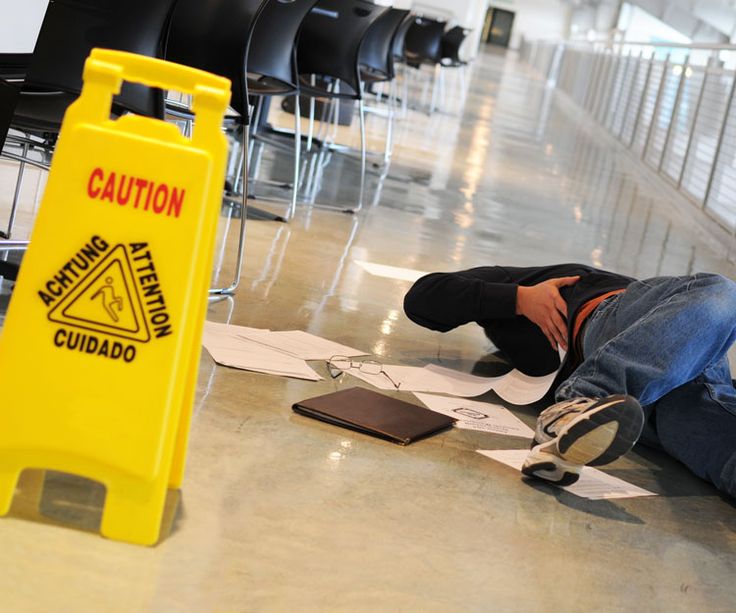
Advertisement
